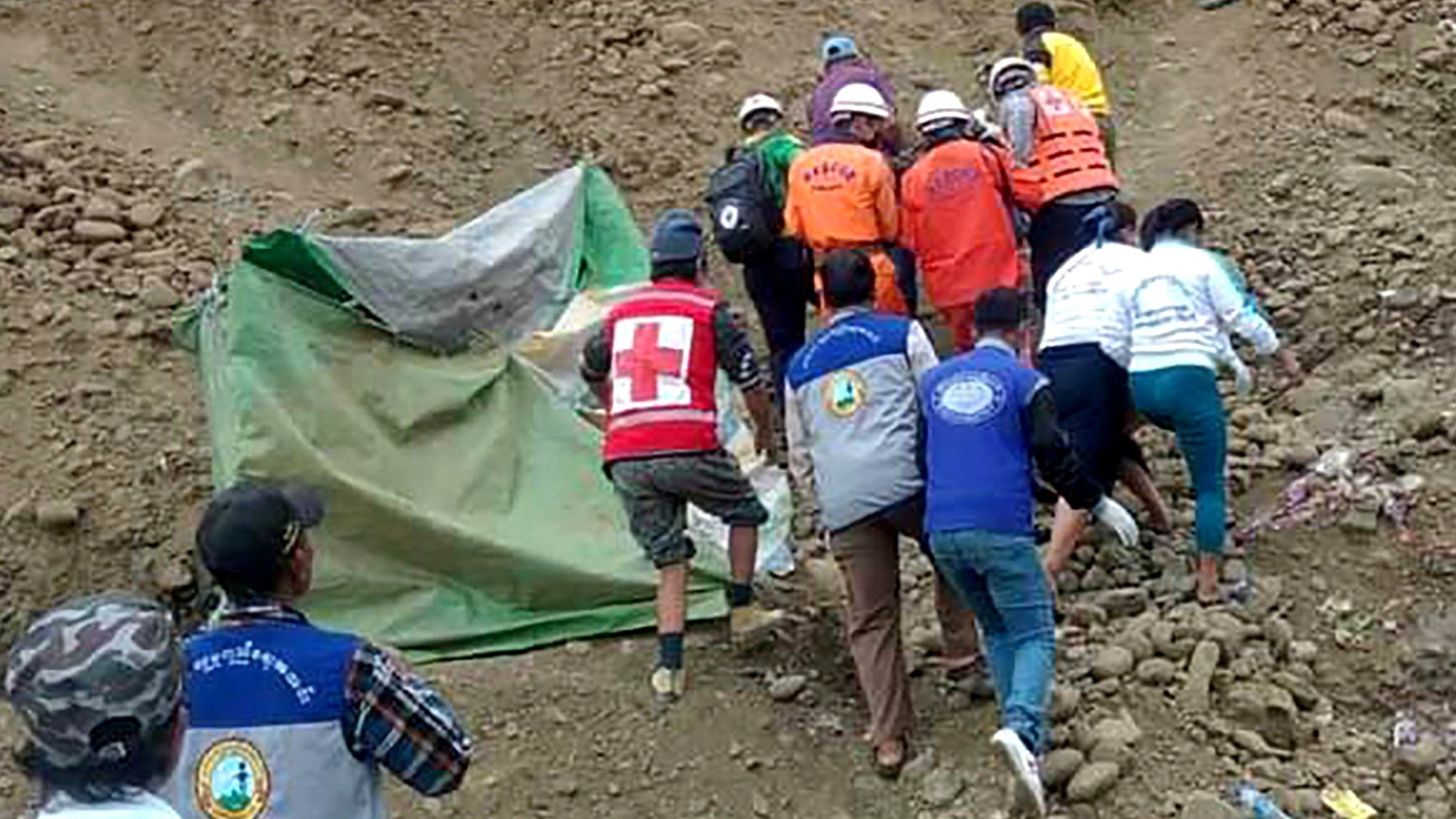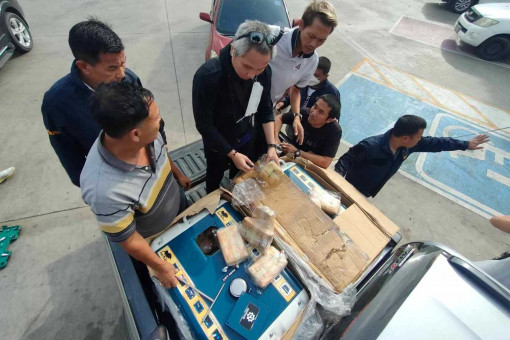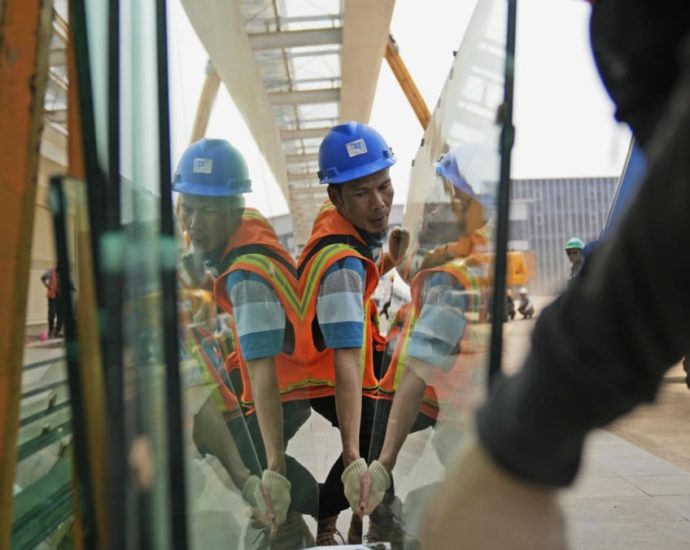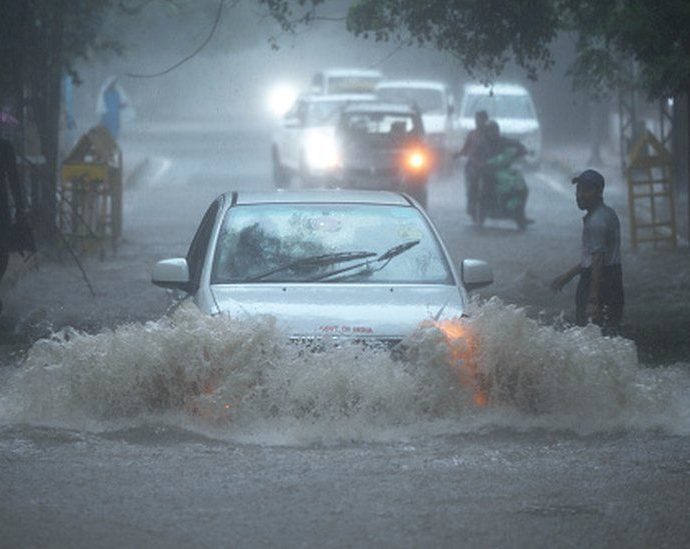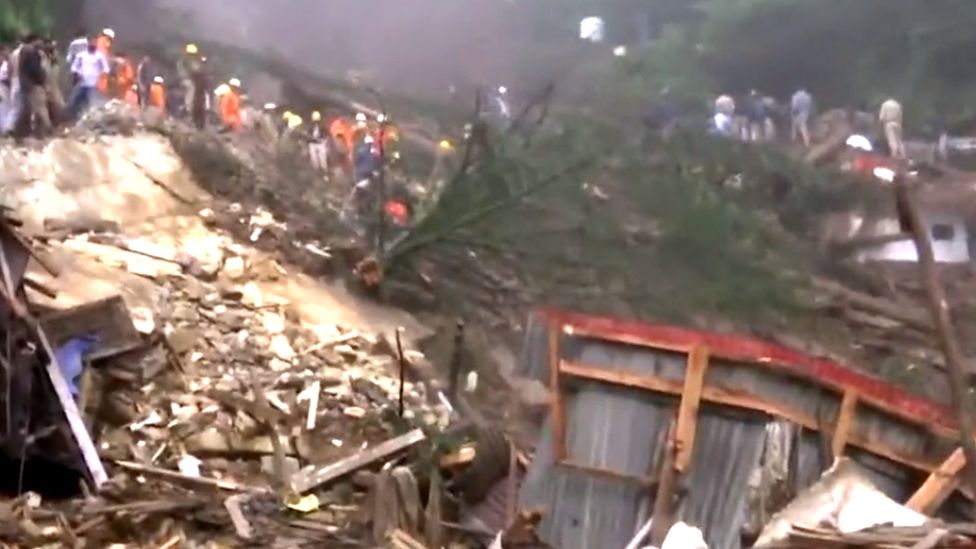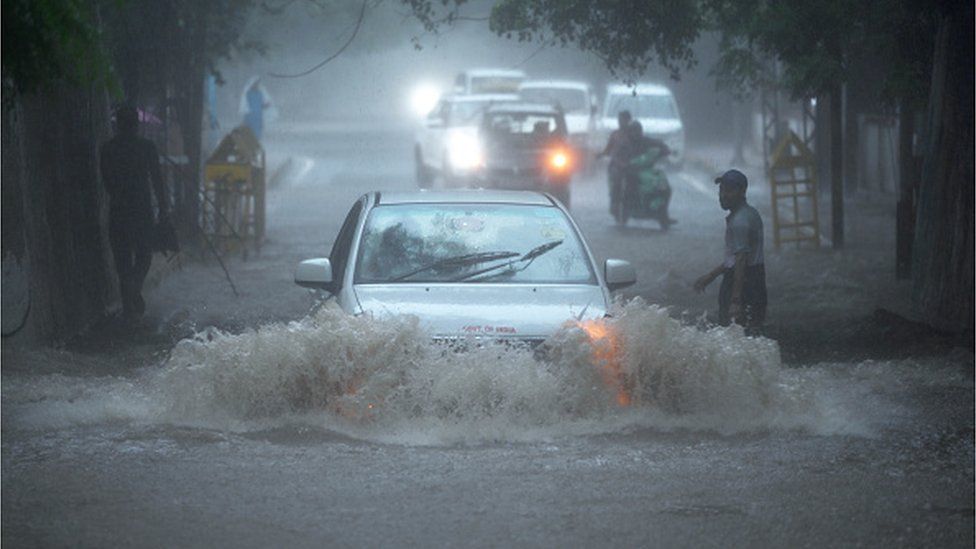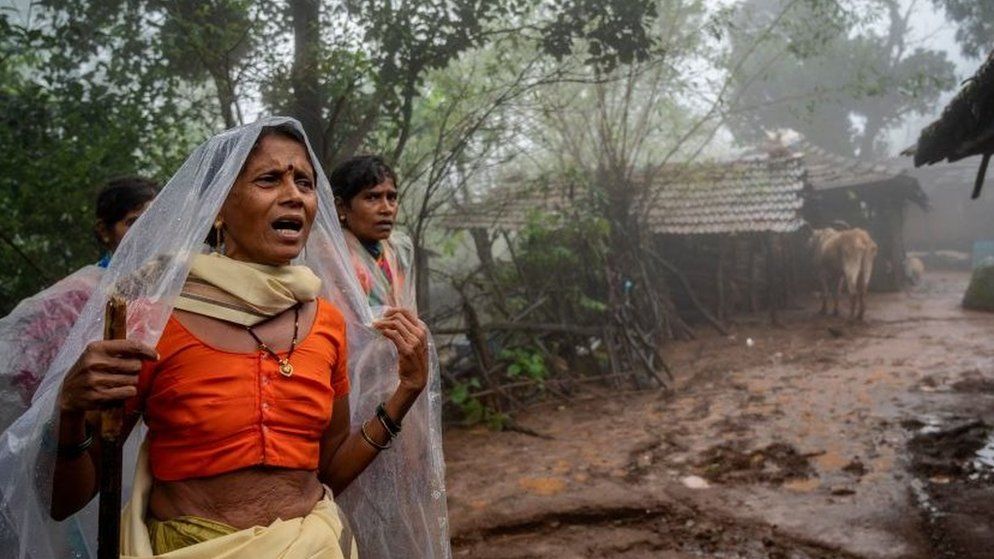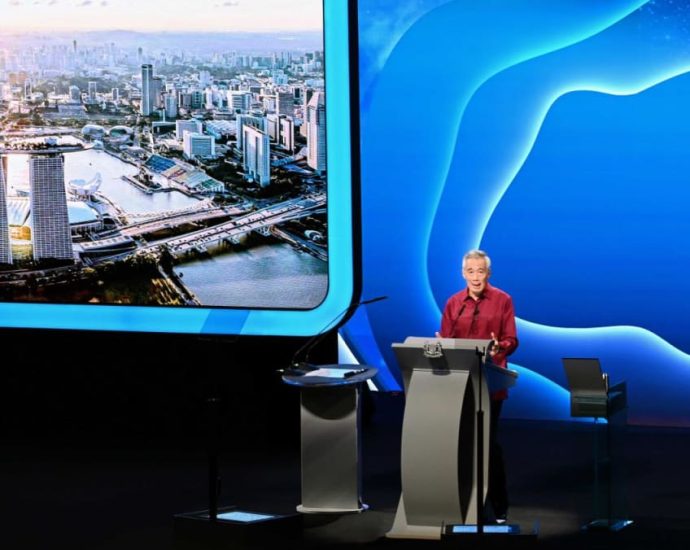Australia mushroom deaths accidental, says cook
 BBC News
BBC NewsThe Australian woman who cooked a beef wellington using mushrooms which killed three relatives and left one critical has told police it was an accident.
Erin Patterson, who is not facing charges, has provided a statement of events to police, local media report.
Police believe the victims had eaten death cap mushrooms – which are highly lethal if ingested.
In her statement, Ms Patterson said she had used some dried mushrooms but did not know they were poisonous.
“I am now devastated to think that these mushrooms may have contributed to the illness suffered by my loved ones,” said the 48-year old.
“I really want to repeat that I had absolutely no reason to hurt these people whom I loved.”
Her statement to Victoria Police has not been publicly released but was reported by the Australian Broadcasting Corporation and Nine Newspapers on Monday.
Australia has been gripped by the mystery over the fatal lunch – held in Ms Patterson’s home in the small town of Leongatha, Victoria on 29 July.
Ms Patterson had invited her former in-laws Gail and Don Patterson, along with Gail’s sister Heather Wilkinson and Heather’s husband Ian. Her estranged husband could not attend last minute.
Hours after the meal, all four guests fell ill with what they initially thought was severe food poisoning.
Within days, Heather, 66, Gail, 70, and Don, 70, had died. Ian, 68, is still fighting for his life in a Melbourne hospital as he awaits a liver transplant.
Ms Paterson was identified as a suspect after the deaths – as it initially appeared that she and her children were unharmed from the meal. At the time, Australian police had also said she could be totally innocent.
In her statement reported on Monday, Ms Patterson reiterated her innocence and said she herself had been hospitalised after the meal due to stomach pains.

Speaking to reporters outside her home in the immediate aftermath of the incident, Ms Patterson had stated her innocence – but declined to answer questions about what meals were served to which guests or where the mushrooms had come from.
“I now very much regret not answering some questions following [my lawyer’s] advice given the nightmare that this process has become,” she said in her statement to police.
“I am now wanting to clear up the record because I have become extremely stressed and overwhelmed by the deaths of my loved ones.”
Ms Patterson said the mushrooms used to prepare the meal were a mixture of button mushrooms bought at a supermarket, and dried mushrooms purchased at an Asian grocery store in Melbourne several months ago.
Her children, who were not present at the lunch, ate some of the leftover beef Wellington the next day. However the mushrooms had been scraped off the dish as they do not like the fungi, she said.
Ms Patterson said she herself was hospitalised on 31 July. She said she was put on a saline drip and given medication to guard against liver damage.
She said she had also saved and given the remainder of the lunch to hospital toxicologists for examination.
In her statement she also admitted lying to authorities about a food dehydrator seized by police from a local tip during investigations last week.
She said she had been questioned by her estranged husband as to whether she had poisoned his parents, and so panicked and disposed of the dehydrator as she was worried she might lose custody of their children.






